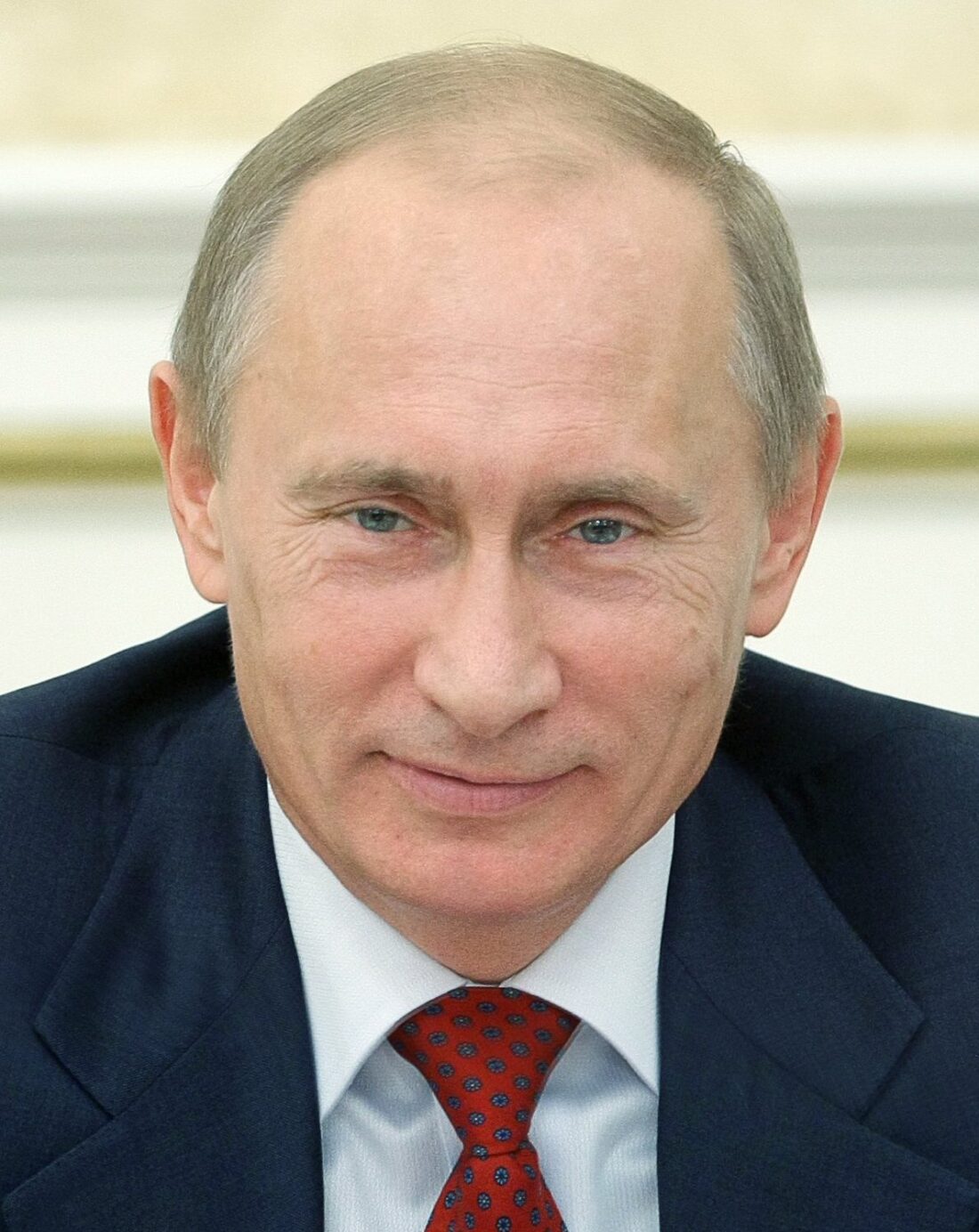On May 13, in what may have been a significant shift in Russia’s policy, Russian forces manning an S-300 air defence system opened fire on Israeli aircraft striking targets in northwestern Syria. The Israeli jets had just bombed an Iranian base in the Masyaf area when the Russians let loose with a barrage of missiles, none of which hit Israel’s planes.
This was the first time that Russia, an ally of Syria and Iran, had directly targeted the Israeli Air Force operating in Syria in recent years. Israel has carried out hundreds of raids against Iranian military sites, Syrian anti-aircraft batteries, and Hezbollah arms convoys heading into Lebanon.
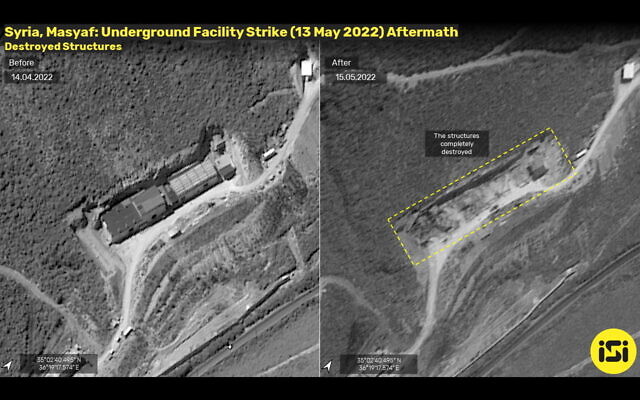
Until several days ago, under Israel’s deconfliction agreement with Russia, Israel had a relatively free hand to launch air operations in Syria, which has been embroiled in a devastating civil war for the past decade. Russian President Vladimir Putin and Benjamin Netanyahu, Israel’s former prime minister, reached this understanding in 2015 after Russia greatly reinforced its Syrian garrison.
It is still unclear whether the May 13th incident signalled a permanent realignment in Russia’s attitude to Israeli air raids in Syria. But it is noteworthy that Russia’s reaction occurred at a fraught moment when the nearly three-month-old war in Ukraine is straining Israel’s bilateral relations with Russia. This cannot be overlooked.
Since the Russian invasion of Ukraine on February 24, the Israeli government has bent over backwards to appease Russia, fearing that a pro-Ukraine stance would anger Putin into cancelling the deconfliction arrangement.
At the same time, Israel has attempted to preserve its cordial relationship with Ukraine.
Despite its best efforts, Israel has not been able to maintain this delicate balancing act. As far as Russia is concerned, Israel has not hewed to strict neutrality. Under pressure from its chief ally, the United States, Israel has voted for two United Nations resolutions condemning Russia and slightly tilted toward Ukraine.
However, Israel has not imposed economic sanctions on Russia and has kept its lines of communication with Russia wide open. Indeed, Prime Minister Naftali Bennett met Putin in Moscow this past winter in an attempt to broker a ceasefire between Russia and Ukraine.
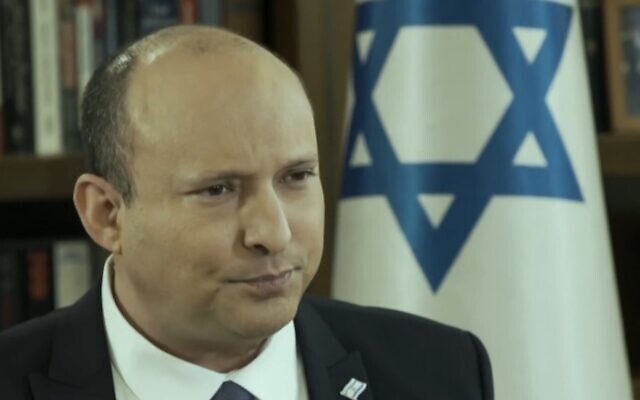
In spite of Bennett’s sincere mediation efforts, tensions have arisen between Israel and Russia, especially in the last month.
On May 10, the Russian ambassador in Israel, Anatoly Viktorov, stormed out of a Knesset meeting when a Labor Party parliamentarian, Gilad Kariv, denounced Russia’s invasion as “illegitimate.”
A few days before Viktorov’s temper tantrum, Russian Foreign Minister Sergei Lavrov claimed that Adolf Hitler was of partial Jewish descent and that “some of the worst antisemites are Jews.” Putin, in a phone conversation with Bennett on May 5, issued an apology. Bennet accepted it, but Lavrov’s silly outburst left a bitter residue in Israel.
Prior to Bennett’s telephone exchange with Putin, Russian Foreign Ministry spokesperson Maria Zakarova claimed that “Israeli mercenaries” were fighting alongside Ukrainian soldiers in the port city of Mariupol, which has been captured by Russia.
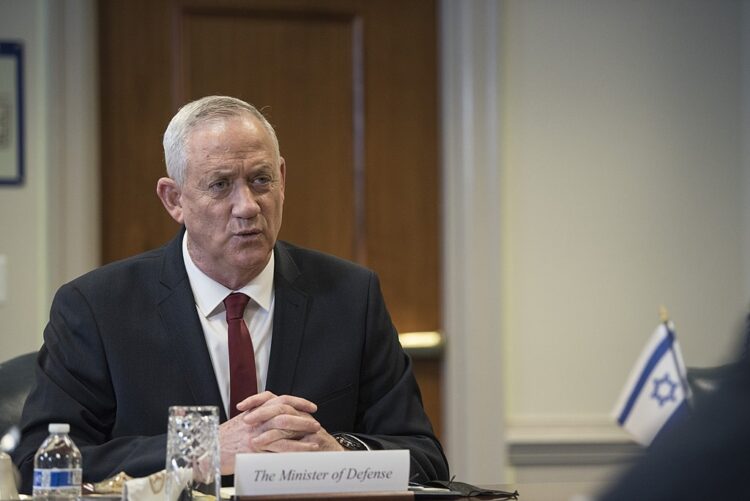
On April 20, Defence Minister Benny Gantz announced that Israel would supply Ukraine with defensive equipment like helmets and flak jackets. The decision did not go down well in Moscow, but the Ukrainians expect more from Israel. David Arakhamia, an adviser to President Volodymyr Zelensky, said on May 17 that Ukraine seeks advanced military equipment from Israel. “Of course, we are waiting,” said Arakhamia. “Number one demand is to stop blocking weapon sales to Ukraine. Israeli kamikaze drones are one of the best in the world, and we need to buy them.”
In a reflection of Israel’s deteriorating relations with Russia, Putin’s spokesman, Dmitry Peskov, told reporters on April 19 that Israel has failed to honor an agreement to hand over the Alexander Courtyard church, a czarist-era property in Jerusalem, to Russia, its original owner. “We expect the Israeli leadership to assist us in order to complete this process,” he said.
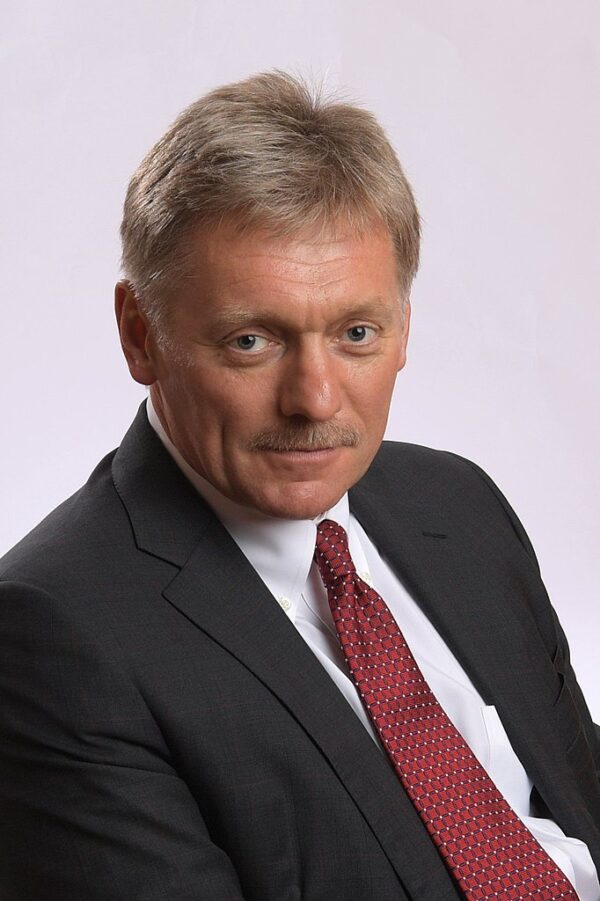
In another sign that Russia is losing patience with Israel, Putin told Palestinian Authority President Mahmoud Abbas on April 18 that Russia would continue to support the Palestinian cause at all international forums.
And in a stronger blast, the Russian Foreign Ministry on April 16 accused Israeli Foreign Minister Yair Lapid of launching an “anti-Russian attack” on Russia after Israel joined a host of other countries to suspend Russia from the United Nations’ Human Rights Council.
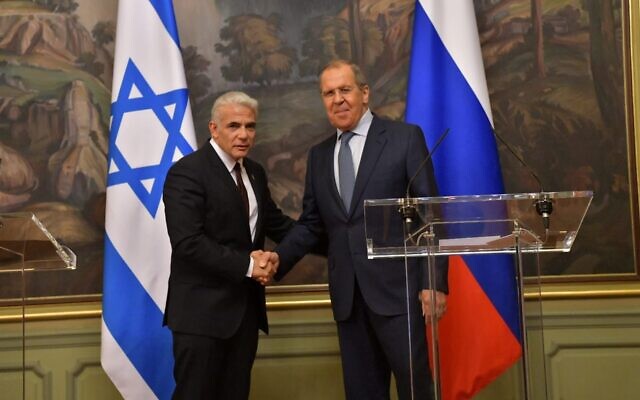
Responding to the Israeli vote, Russia condemned Israel’s “illegal occupation” of the West Bank, its “creeping annexation of Palestinian territories,” and its blockade of the Gaza Strip.
Of all the members of Israel’s cabinet, the Russians are most upset with Lapid. On April 5, he explicitly accused Russia of committing war crimes in Ukraine. Bennett has carefully refrained from hurling such incendiary accusations at Russia.
As a result of these unpleasant verbal spats, Israel’s bilateral ties with Russia are being sorely tested as the war in Ukraine goes on. The incident in Syria on May 13 may well be a forerunner of things to come.
